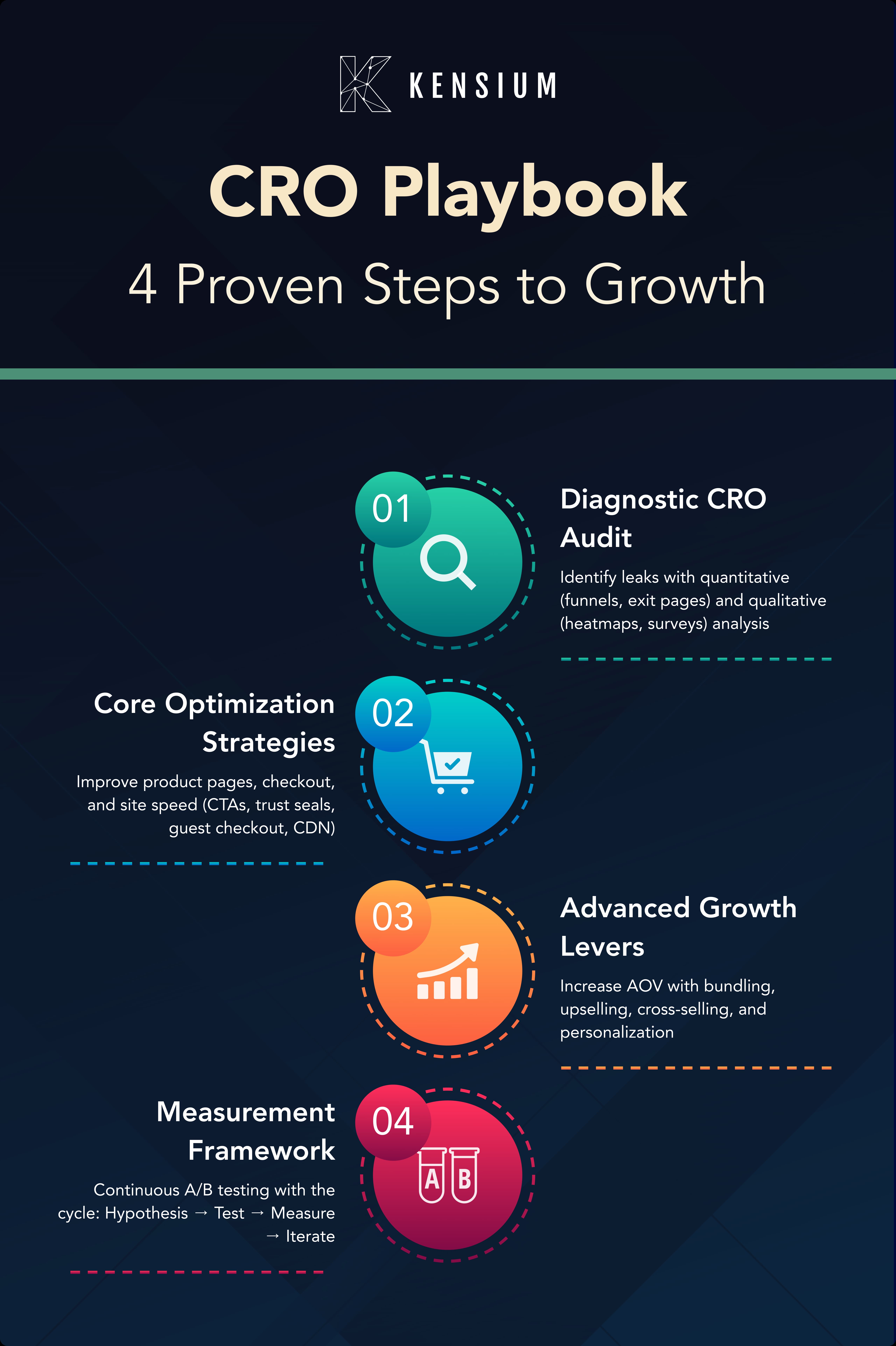
Businesses face new obstacles in the analytical world of today while trying to understand the complex, multi-platform experiences of their customers. With the ability to measure a wide range of data types, Google Analytics 4 offers a powerful analytics solution that is built for the future. Businesses can use Google's machine learning technology to surface and predict new insights, observe unified user journeys across all of their websites and apps, and most crucially, it's designed to keep up with an evolving ecosystem.
Moving beyond Universal Analytics
Universal Analytics was developed for online measurement that was rooted in the desktop web, autonomous sessions, and more readily viewable data via cookies. Due to technological and measurement evolution, this measurement approach lost relevance. Google Analytics 4 offers user-centric measurement that works across platforms and doesn't rely solely on cookies.
While Universal Analytics offers a variety of privacy features, Google Analytics 4 is built with privacy at its core to give our ecommerce clients and their customers a better experience. It provides more comprehensive and detailed controls for data gathering and usage, enabling organizations to meet users’ increasing requirements and expectations more effectively. Google Analytics 4 will also no longer store IP addresses, which is significant. This change helps address the global data privacy situation, where users are demanding more privacy safeguards and control over their data.
Beginning with Google Analytics 4 for measurements
Google Analytics 4 is created with your major objectives in mind – such as increasing sales or app installs, generating leads or integrating online and offline consumer engagement.
One example of how Google Analytics 4 can help your business is that it can help you understand your customers across all the points they interact with your brand. With an event-based measurement methodology that is not segmented by platform or set up into individual sessions, you can get a comprehensive understanding of the client lifetime.
How to setup GA4
- Login to your Google Analytics Account.
- Click Admin. Gear icon, bottom left navigation.
- Confirm that your desired account is selected.
- Confirm the desired property is selected.
- Click GA4 Setup Assistant, the first option in the Property column.

Steps to create a new analysis report
- Login to your Google Analytics Account.
- Click Analysis and then select the graph with magnifying glass icon, on your bottom left navigation click Explore.
- Select the technique in which you want to use and analyze your data.
Rely on the experts
We find that most business underutilize their analytics and are missing opportunities for increased conversions. Kensium's marketing team has setup GA4 for many of our clients along with adding tags to track specific customer paths to conversion. Also remember that if your business has custom integrations, you will need developers to ensure those are compatible with GA4. If you need guidance or assistance with the upgrade please contact us for a quick evaluation and estimate.
For more information please check out our blog on "How to be ready to update your ecommerce analytics to GA4".








.png)



































